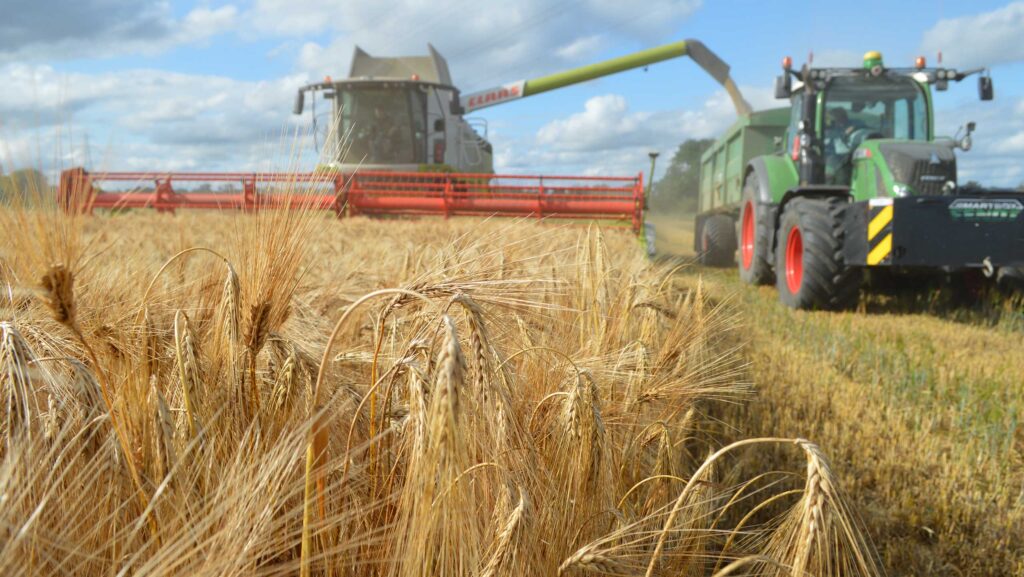Cereals 2024: KWS turns to hybrid barleys to give growers more choice
 © David Jones
© David Jones Major barley breeder KWS is turning to introducing winter hybrid six-row feed varieties after a decade of success in producing top-yielding two-row conventional varieties.
The breeder, which has its first hybrid, Inys, coming up for possible inclusion in the AHDB Recommended List (RL) later this year, says these varieties offer high consistent yields, can suppress blackgrass, and allow new genetic traits to be introduced quickly.
See also: Cereals 2024: Corteva’s biological N raises yields in 80% of crops
Six-row hybrids take 25% of the winter barley market, dominated by a string of Syngenta varieties, and KWS sees this sector as too big to ignore.
Kate Cobbold, the group’s hybrid crops product manager, says the breeder is looking to offer winter barley growers a choice between conventional two-row varieties, six-row hybrids and also six-row conventional varieties such as Feeris, which has a special recommendation for its tolerance to barley yellow dwarf virus.
She pointed out that the group’s first variety, Inys, is 1% higher yielding than market leader Kingsbarn, has 10% lower brackling and lower lodging. It has a respectable specific weight of 69.6kg/hl compared with Kingsbarn on 70.2kg/hl.
The breeder has introduced a string of successful two-row feed winter barley varieties over the past decade from Orwell to Tardis, and the current top two-row varieties have now nearly caught up with the yields of the six-row hybrids.
The top hybrids Kingsbarn, Thunderbolt and Kingston have a fungicide-treated yield of 107% on the RL compared with top two-row varieties Caravelle and Capital on 106% and Tardis on 103%.
Kate was speaking at a group briefing at the Cereals 2024 event at Newnham, near Baldock, Hertfordshire.
